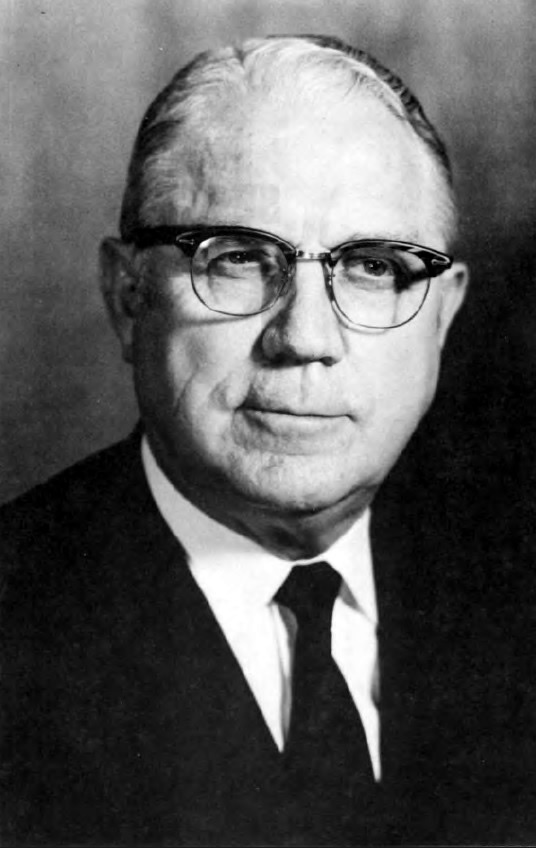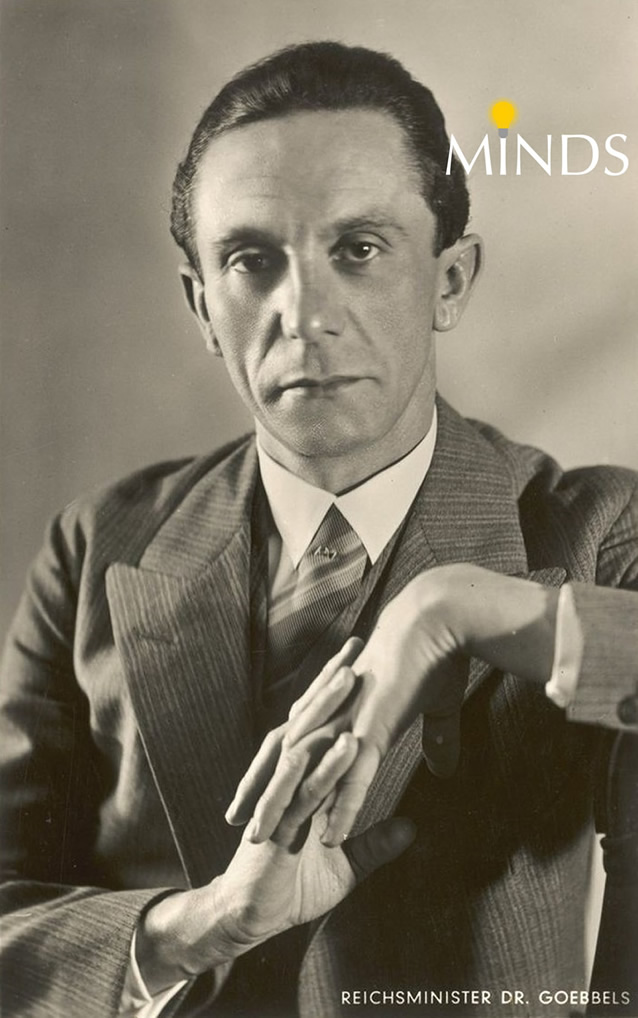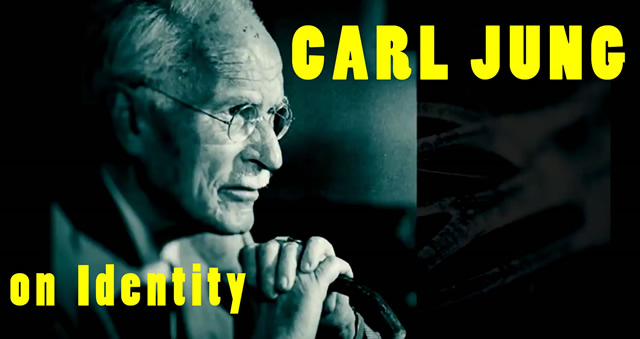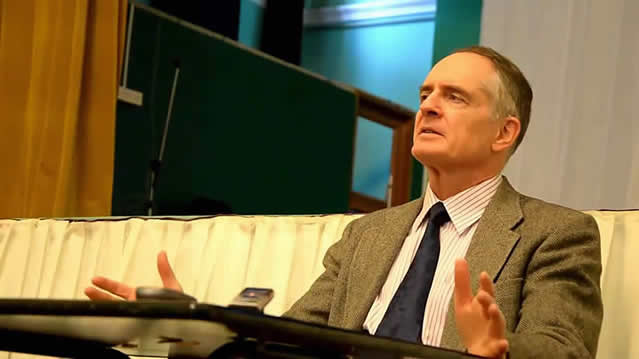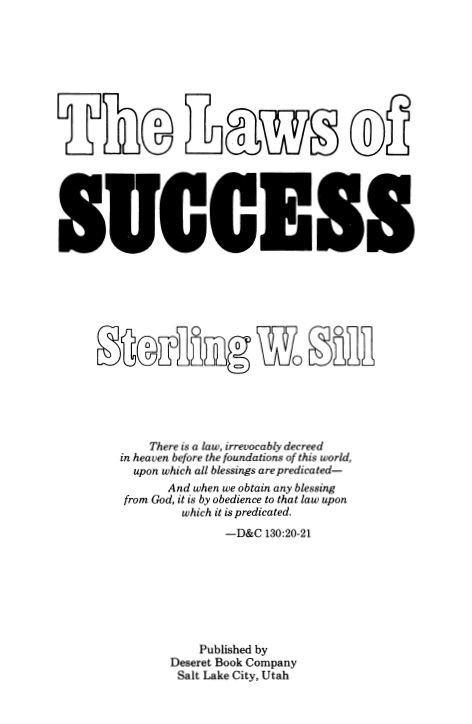
Sterling W. Sill - The laws of success
01 The Law
02 The Lawgiver
03 The Law of Abundance
04 The Law of Advantage
05 The Law of Appreciation
06 The Law of Arrested Development
07 The Law of the Boomerang
08 The Law of Chance
09 The Law of Compensation
10 The Law of Concentration
11 The Law of Conditioned Responses
12 The Law of Consequences
13 The Law of Courage
14 The Law of Ego Recognition
15 The Law of Elegance
16 The Law of Evidence
17 The Law of Exaggeration
18 The Law of Example
19 The Law of Experience
20 The Law of Fear
21 The Law of Financial Respectability
22 The Law of Free Agency
23 The Law of Fusion
24 The Law of Glad Tidings
25 The Law of Gravity-Up
26 The Law of Growth
27 The Law of Health
28 The Law of the Hurdle
29 The Law of Hypochondria
30 The Law of Idleness
31 The Law of Instincts
32 The Law of Love
33 The Law of Loyalty
34 The Law of Maturity
35 The Law of Modification
36 The Law of Objectives
37 The Law of Positive Statement
38 The Law of Probability
39 The Law of Reason
40 The Law of Self-Control
41 The Law of Self-Deception
42 The Law of Self-Pity
43 The Law of Self-Supervision
44 The Law of the Split Personality
45 The Law of Symbols
46 The Laws of Teaching
47 The Law of Trifles
48 The Law of Vision
49 The Law of the Will
50 The Law of Words
For more on self development
The LAW
Some time ago, I heard the report of a discussion that had taken place between a university teacher of political science and a businessman with a strong religious avocation. The political science teacher said that politics and government should be the most important influence in our lives. The businessman, who had also had some political experience, said that his first allegiance was to the church. Then there was some discussion about priorities of these two great areas in our lives and where one's primary allegiance ought to be placed.
The political science teacll.er pointed out that good, solid government is the real basis for success in every field, including religion, for no activity prospers in the face of misrule, disorder, or anarchy. He noted that freedom of religion and real worship cannot exist at their best without righteous government, and even one's own personal devotions, his personal security, and his peace of mind can't proceed very far until he gets his basic politics straightened out. We know of many situations in which political persecution has destroyed the functions of religion, or a political leader has said to those seeking redress of grievances, "Your cause is just but I can do nothing for you."
There are also many forms of government that try to bind the consciences of men, and religion does not prosper under an evil dictatorship that attempts to make slaves out of its subjects and to dictate to them in matters of the mind and spirit. Certainly government and those who are responsible for government have a very important place in the life of every individual.
It is the duty of government to protect life and property, maintain order, guarantee fairness, and see that sedition, rebellion, or other evils do not interfere with freedom of religion and the natural God-given rights of each human being. Government even reaches into our family lives to regulate marriage and divorce, child welfare and neglect.
On the other hand, the businessman reasoned that his religious beliefs should take preference over his loyalty to the government. He argued that unless a person is imbued with the fundamental principles of religion and righteousness, no government can long prosper; many great civilizations have failed and disappeared from the earth because they have taken God and the church out of their lives and out of their government.
It seems to me that each one of us should have some strong arguments for ourselves on all sides of this proposition. It may be that each one is important. Even apart from the church, religion should permeate everything that we do in government, in business, in human relations, and particularly in our families. Governments should also foster the influences of real godliness. The value of both the church and the state can be judged by the kinds of laws they promote for the benefit of the people. Certainly the laws of the land should be compatible with the laws of God, and our United States Constitution provides that the government shall make no law that interferes with the freedom of religion. On the other hand, the freedom of religion must not interfere with nor infringe upon the rights of others.
The church is a divine institution organized by God himself for the benefit of man. It is responsible for teaching the great principles of truth upon which our eternal salvation depends. God himself has given many laws and commandments to regulate our lives. A great scripture says that governments were established by God for the benefit of man and that he will hold us responsible for our acts in relationship thereto. That is, the government is a divine institution, though it has a little different set of responsibilities from those of the church. The family is also a divine institution. And each of these great establishments has over the centuries been the focal point for the attack of evil.
Jesus himself was crucified, and each of the twelve apostles, with one exception, had a violent death imposed upon him. Isaiah described some of the problems of disobedience, persecution, and apostasy when he said, " ... they have transgressed the laws, changed the ordinance, broken the everlasting covenant." (Isaiah 24:5.) There are other forces continually at work against law and order, and many kinds of governments, including democratic, dictatorship, socialistic, and communistic. Over the centuries, many governments have risen and fallen because of their violation of the laws of God.
In our times, there are many attempts from both the outside and the inside to destroy the government, tear down the establishment, discredit our finest social traditions, and cause the deterioration of the family. We have a great need to separate the church and the state. The church has the difficult job of teaching truth and righteousness, building character, and preparing the souls of people not only for their place in the government and society of this life, but also for that life which lies beyond our mortal boundaries. The government has the responsibility for making and enforcing laws for the protection and benefit of all the people, religious or nonreligious. Both share one function: to make us successful and happy for both here and hereafter. The job of each, most simply stated, is to help us to honor, love, and obey the law-the laws of the land and the laws of the Lord.
The Lord said, "I will put my law into their hearts, and in their minds will I write them." (Hebrews 10:16.) It seems to me that this puts the Lord into the role of being our greatest political officer, as well as the head of the church. We are told that during the millennium he will establish a perfect theocracy upon this earth, with himself as the head of the government as well as the head of the church. The church and the state will then be combined, and he will rule forever, not only as Lord of lords, but also as King of kings.
The function of making and enforcing the law is given to senates, legislatures, parliaments, dictators, and individual citizens. A father recently reported that during their family home evening he was telling his family how very important it is in their lives for them to keep all of the commandments. One of his daughters said, "Daddy, how many commandments are there?" And so for the next family home evening, they took up the project of trying to enumerate the commandments. They included the Ten Commandments, the law of tithing, and the Word of Wisdom. They also included the important laws given by the Savior when a lawyer asked him, "Master, which is the greatest commandment in the law? Jesus said unto him, Thou shalt love the Lord thy God with all thy heart, and with all thy soul, and with all thy mind. This is the first and great commandment. And the second is like unto it, Thou shalt love thy neighbour as thyself. On these two commandments hang all the law and the prophets." (Matthew 22:35-40.)
The primary function of every individual is to discover and obey all the laws. The doctor, to be effective, must learn the laws of medicine. The successful agriculturalist must learn the laws of farming. He should know that if he plants his seed in a good seedbed and practices the laws having to do with fertilization, cultivation, and irrigation, and also has some knowledge of weed and insect control, he may hope to be a successful farmer. To effectively counsel his many clients, a lawyer may need thousands of law books; he must make himself familiar with all of the laws affecting his clients' welfare.
There are many laws that have not been written down or even discovered, and yet we must be subject to them. An old adage says, "Ignorance of the law excuses no one." If we do not know that the highway speed limit is fifty-five miles an hour and in our ignorance we travel eighty-five miles an hour, we must be ready to pay the penalty. If one has never learned that strychnine can kill, he places himself in great danger.
The apostle Paul said to the Romans, "For as many as have sinned without the law shall also perish without the law... " (Romans 2:12.) Our success depends upon how effective we are as discoverers and followers of all of the laws that will influence our success or failure. Benjamin Franklin discovered some of the laws of electricity. Newton discovered the law of gravity. Galileo discovered the law offalling bodies. Einstein discovered the law of relativity. Kepler discovered the law of planetary motion. There are laws of heredity, laws of learning, laws of business success, laws of motion, laws of holiness. Every great principle of truth, righteousness, and success is underwritten by fundamental, immutable laws.
The great multiplicity of the laws that govern our lives may at first seem overwhelming. However, we are not left entirely without assistance in understanding those laws that we must obey. Again, the Lord has said, "I will put my laws into their hearts, and in their minds will I write them." (Hebrews 10:16.) One of the most fantastic of all of God's creations is a conscience that has not been abused or distorted. After our first parents had eaten the fruit from the tree of knowledge of good and evil, God said of them, "Behold, the man is now become as one of us, to know good and evil. ... " (Genesis 3:22.) That ability has been transmitted to all of the posterity of our first parents on a kind of instinctive basis, and it is still true that the right kind of discrimination between right and wrong will help make men and women become as God. However, we need to think about it and to make decisions about issues and take action on our decisions. One of the greatest benefits of our lives is to be masters or doctors of the law. We ought to have an understanding of those fundamental principles and truths that can give our lives great significance and joy.
It was with this in mind that this book has been titled The Laws of Success. If you will read the chapters carefully and take note of the many places where the principles discussed may be advantageously applied, your prosperity will be increased in many areas of your life. In addition, you will also be aware of other necessary laws so that you can write your own book describing for your own personal benefit some of the powerful laws that you may not presently be using. Everyone who is working toward that ultimate goal of eternal accomplishment ought to have the thrill of discovering for himself more of life's universal laws of success.
